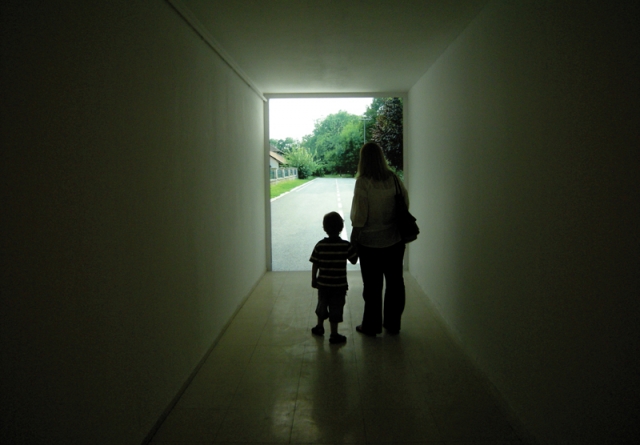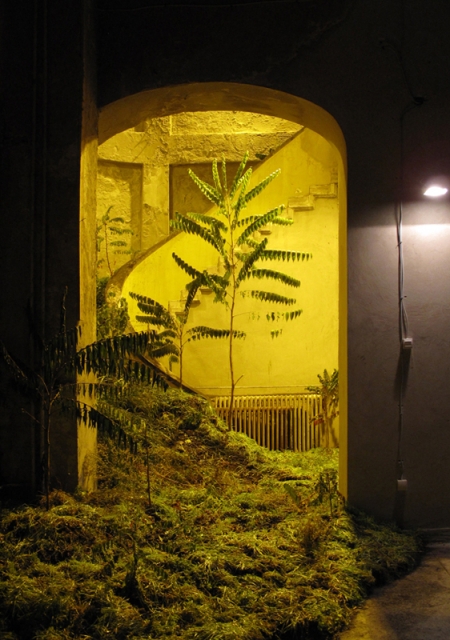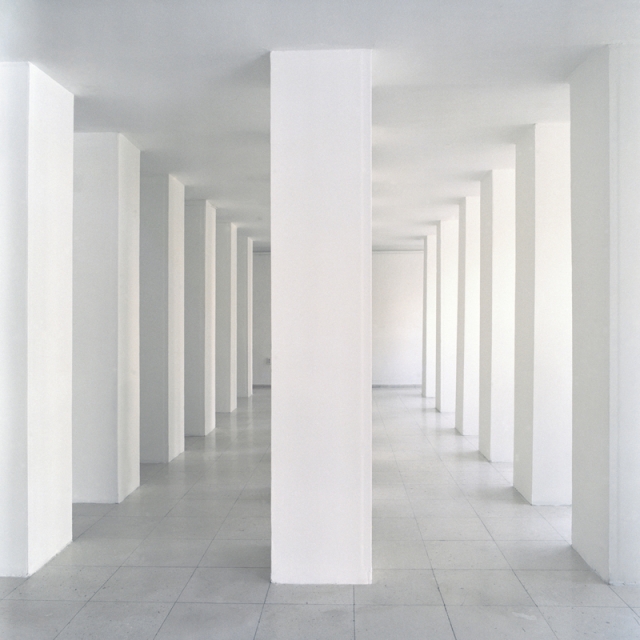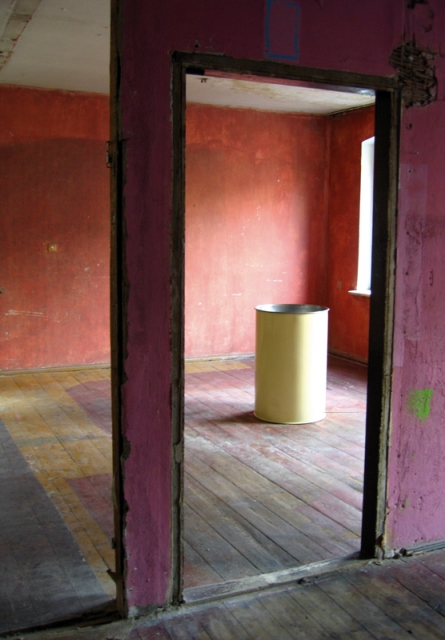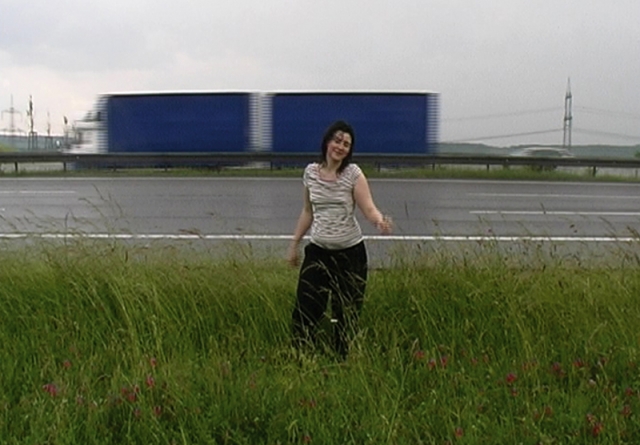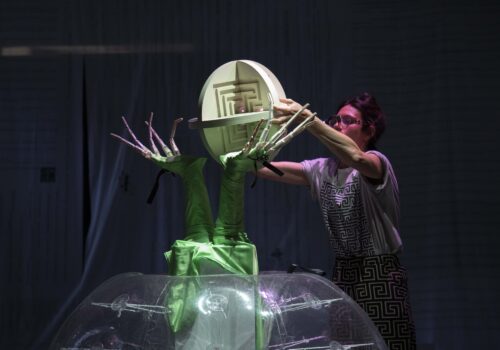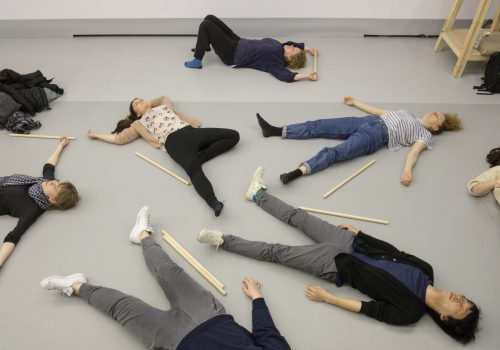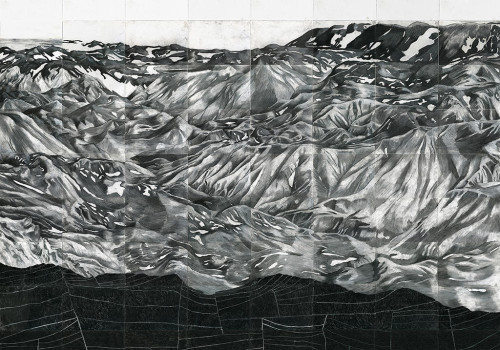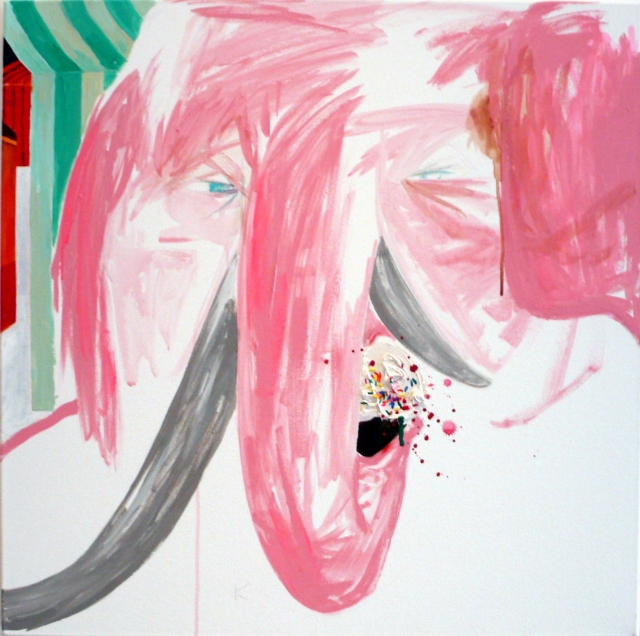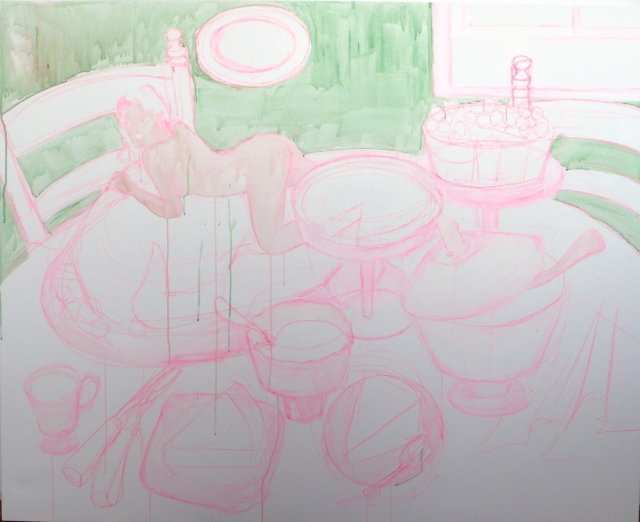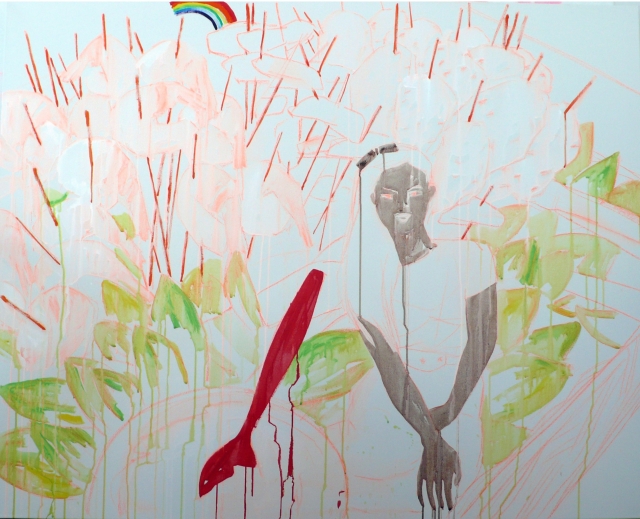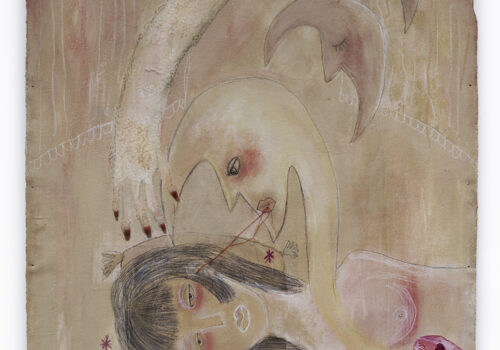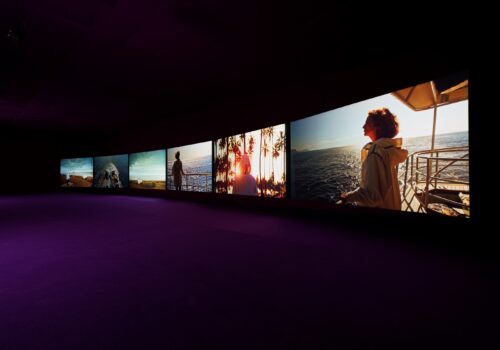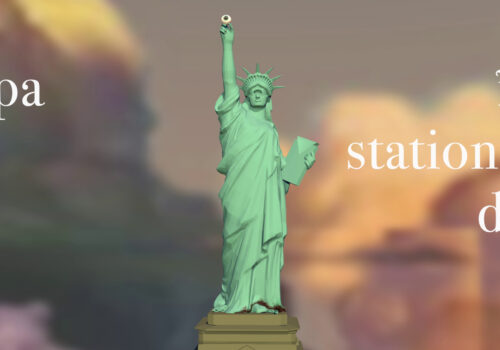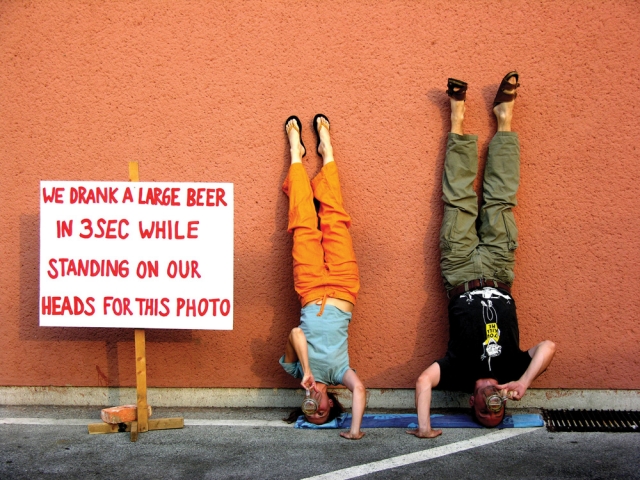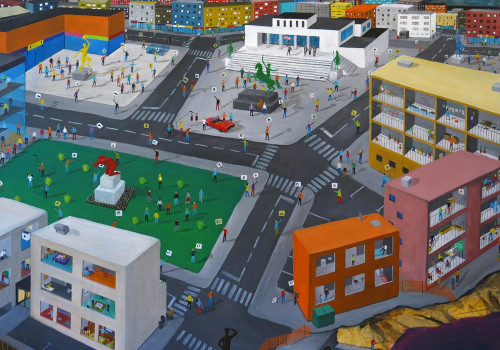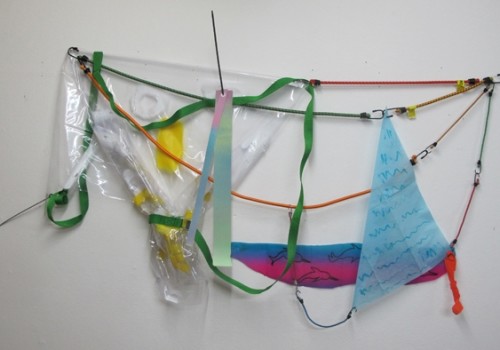Past Residents
Past Resident2010: Foundation for a Civil Society
Dušica Dražić
Dušica Dražić works with installation, performance and photography and carries a special interest in art in public space. Focusing on the search for abandoned, forgotten spaces in the urban structure of modern cities and exploring the transformation of these spaces, she rethinks them in terms of cultural continuity, symbolic irregularities and individual actions. In Dražić’s production, concept and form are of equal importance in opening the work to multi-layered interpretations, that is, for developing new ways of seeing. Dušica Dražić explores the ambivalent interrelationship between a citizen and a city, their mutual support and protectiveness and at the same time isolation and destruction. Dražić searches for spaces without order, spaces of irregularity, difference, flexibility and intuition. Dušica’s works deal with micro-histories of a locus and are also an act of narration.
Dušica Dražić was born in 1979 in Belgrade, Serbia, where she currently lives and works. She graduated from the faculty of Applied Arts in Belgrade in 2004, and finished an MFA in Public Art and New Artistic Strategies at the Bauhaus University Weimar in 2006. Since 2006 Dušica Dražić is also a part of the collective “usually4” with K. Freino (PL), S. Hopkins (UK/KEN) and Teresa Luzio (P). In 2010 Dražić received the Dimitrije Bašičević Mangelos Award (Serbia) and the Young European Artist Trieste Contemporanea Award (Italy) and was granted a DAAD scholarship in 2005/2006.
Events & Exhibitions
The Power to Host
June 15–July 29, 2011
Residents from Serbia
Past Resident2010: Gallery Difference
Kyong Sim Jeong
Kyoung Sim Jeong was born in Korea in 1975. She has earned a B.A in Fine Arts at Seoul National University and a M.F.A in Fine Arts at Seoul National University. Her work revolves around fundamental questions of eating. Jeong was born in the seventies, a period in which Korea experienced rapid economic growth. Industrialization in Korea transformed a war torn country into a high-tech modern nation. “Modernization,” however, was synonymous with “westernization” in Korea. The seduction of material prosperity has resulted in a widespread belief that everything can be bought or sold for money. Necessity gave birth to avarice. This experience made Jeong understand instinctively that life is endlessly precarious and unstable without having to resort to concepts such as “survival of the fittest” and natural selection.
Residents from South Korea
Past Resident2010: KUD Mreza Association for Arts and Culture, Alkatraz Gallery
Nika Oblak & Primoz Novak
‘The work of Nika Oblak and Primož Novak draws parallels between a society driven by personal needs and capital and their own role as artists in the contemporary art market. Infused with humor, their work adopts the visual tactics and seductive constructions commonly employed in the mass media to lure the consumer.’ (Yasmeen Baig-Clifford, Move – new European media art, 2009) Oblak & Novak have exhibited in the Sharjah Biennial 9, UAE; Istanbul Biennial, Turkey; Japan Media Arts Festival; Transmediale Berlin, Germany; and most recently in Biennale Cuvee, Linz, Austria.
